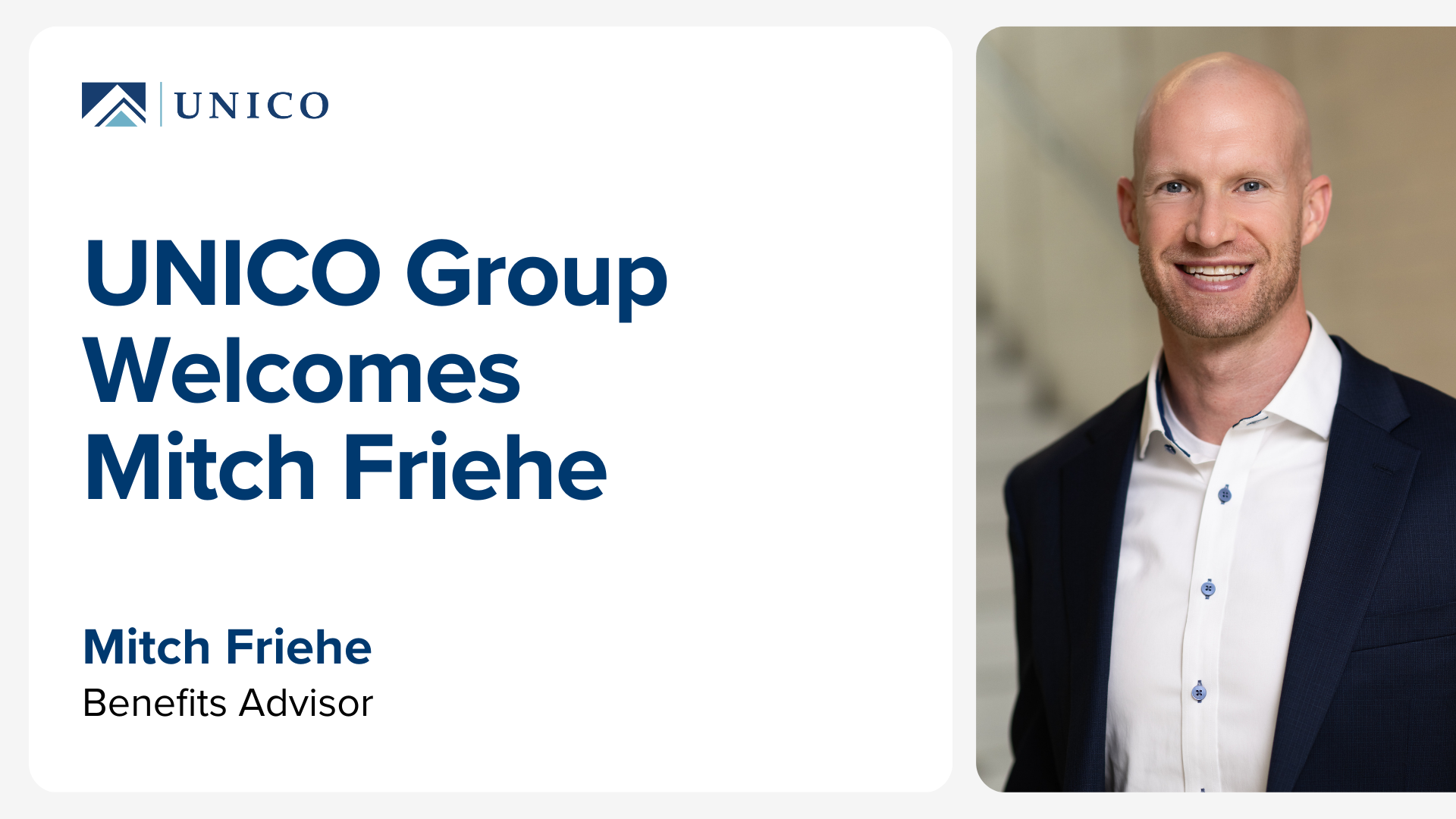CMV Safety and the Surface Transportation Act of 2021
The White House’s $1 trillion infrastructure bill was signed into law on Nov. 15, 2021. This bill contains several provisions affecting commercial motor vehicle (CMV) safety and operations. These provisions can be found in the bill’s Surface Transportation Act of 2021. Let’s examine some of the new provisions within the Surface Transportation Act of 2021 that impact CMV safety:
- Apprenticeship pilot program — The bill requires the Federal Motor Carrier Safety Administration (FMCSA) secretary to establish a pilot program within 60 days that allows employers to create apprenticeship programs for CMV drivers. This three-year program must allow up to 3,000 drivers under the age of 21 to operate CMVs. These drivers will have to complete 400 hours of training, including 240 hours behind the wheel in interstate commerce driving. Entry-level training will also be included to allow drivers to obtain their commercial driver’s licenses (CDLs).
- Truck leasing — Within six months, the bill requires the FMCSA to establish a “Truck Leasing Task Force” in consultation with the Department of Labor. This task force will review the terms of common truck leasing arrangements and determine whether those arrangements are equitable and safe.
- Out-of-service enforcement — When CMV drivers are placed out of service at the state level, some still operate in interstate commerce. To prevent this from occurring, the bill requires the FMCSA to develop and publish initiatives to deter CMV drivers from operating after being taken out of service.
- State inspection programs for passenger-carrier vehicles — The bill also states that the FMCSA will have one year to solicit additional comments on state inspection programs for passenger-carrier vehicles. This commentary will determine if there should be a final rule issued for self-inspections. The FMCSA must consider the impact of continuing to allow self-inspections to satisfy periodic inspection requirements on the safety of passenger carrier operations.
- Electronic logging device oversight — Under the bill, the FMCSA has six months to submit a report to Congress that analyzes the costs and effectiveness of electronic logging devices (ELDs). In this report, the FMCSA must detail the processes used to review ELD logs and protect proprietary and personally identifiable information. Also, the report must outline how an operator may challenge or appeal a violation notice issued by the FMCSA relating to ELDs.

Adam Johnson
FCLS, FCLA, CWCA
Commercial Risk Consultant
“The Infrastructure bill has the potential to be a real boost to the safety and well-being of our nations truck drivers. It has been very apparent in the last 24 months is that we as a nation need more qualified truck drivers to help handle the unprecedented levels of commodities we are seeing move across the country and we have to make sure that these drivers are properly trained and that companies have safety measures in place to protect these drivers. Incentivizing the private sector to reward the experience our veterans have had while driving in the military and standardizing CDL processes nationwide is a great step in the right direction. The trucking companies that take a proactive approach to their driver and fleet safety programs should see a significant ROI in driver retention and policy premium over the course of the next few years as these programs and others begin to get implemented.
This bill is just one example of how the trucking industry is in a constant state of change and why we at the UNICO Truck Team place such a strong emphasis on keeping our clients up to date with the changes in the industry. Our team is committed to helping our clients navigate these challenging times and develop a path forward that insures our client partners are best positioned to be successful.”
This is by no means a full list of the infrastructure bill provisions. For more information, review the text of the bill here. Contact us today for additional industry updates and risk management resources.




